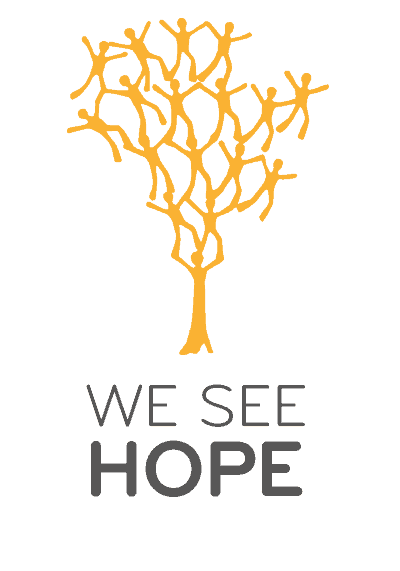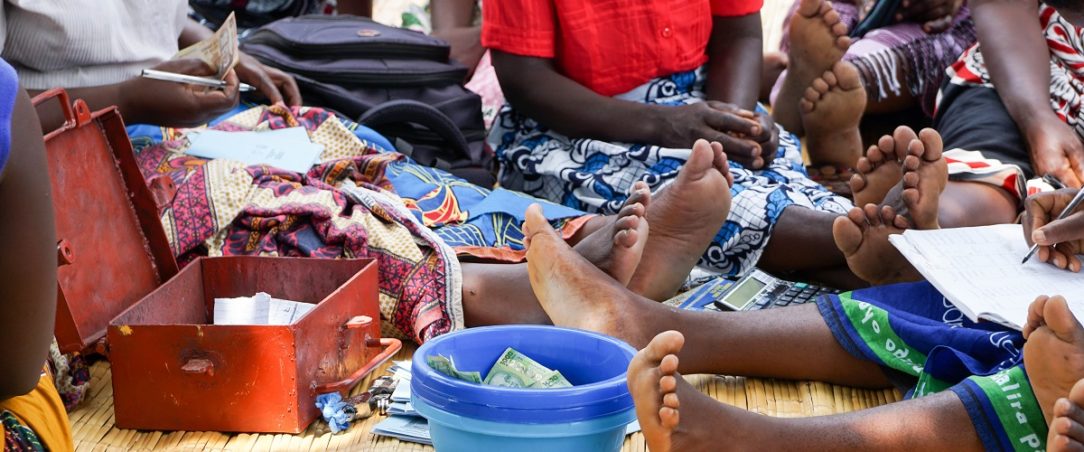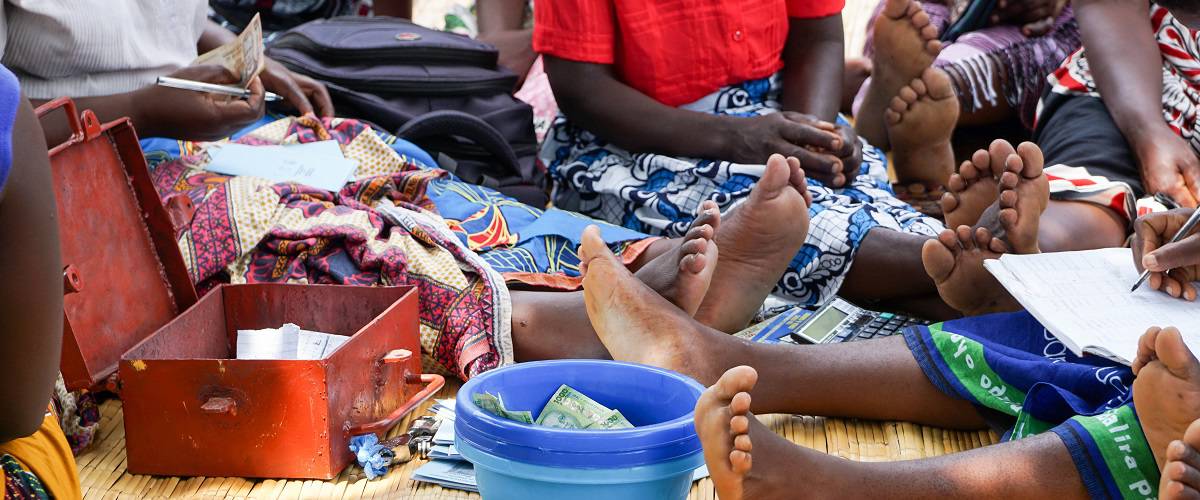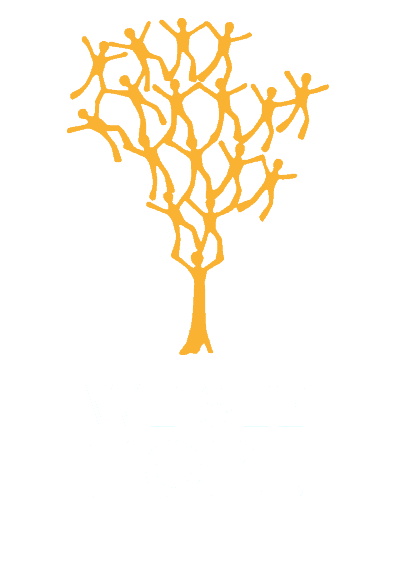In March 2021, we adapted how and where we deliver our economic empowerment program as a measure to prevent children from leaving rural areas and going to the streets of Mwanza.
Since 2016, we’ve been working with our partner Cheka Sana in Mwanza, Tanzania, running both our Street Work Program and Village Investors Program (VIP). Together we provide emotional and social support to children and young people living on the streets of Mwanza, and improve the financial status of their parents and guardians.
WHY WE WORK IN MWANZA
Mwanza is Tanzania’s second largest city, situated in the north of the country on the shore of Lake Victoria – Africa’s biggest lake. As such, there are a high number of children living on the streets of the city.
“It is a growing city in Tanzania with lots of opportunities that attract children, such as fishing, car washing, begging, and child labor activities including selling empty bottles and iron. Most of the children moved from their origin places to Mwanza to search for these opportunities”, says Malembo Makene, Director at Cheka Sana.
By going to the streets, children are hopeful that they will find jobs to make some money for themselves.
“Many children coming to the streets are from poor families who cannot afford to feed them or meet some of their basic needs. These children also cannot go to school as their parents cannot afford to buy school uniforms or scholastic materials”, Oswald Malunda, our Africa Director, explains.
“Some reasons for children to leave their homes include domestic violence, separation of families and death of parents”, Makene points out.
“When children are forced into child labor or abused, or are left alone after a parent passes away, sometimes their only choice is to go to Mwanza and live on the streets”, Oswald says.
OUR WORK WITH CHEKA SANA
To help younger children who are living on the streets, Cheka Sana runs a Day Care Centre in Mwanza where they have access to counselling support, a safe space to build their self-esteem and education classes. Over the five years we have worked together, 961 children have been supported through the Day Care Centre.
Running our economic empowerment initiative – the VIP – with Cheka Sana has helped parents, guardians and community volunteers be financially independent. We establish savings and loans groups which become safe places for VIP members to save money and take loans. With financial and entrepreneurial skills training, they can start and grow their own businesses and earn a sustainable income. 519 VIP members in Mwanza have gone on to support 1,547 children in their care or in their community.
By helping parents and guardians economically empower themselves in their homes and communities, we hope the VIP will help tackle the social and economic issues that drive children to leave their homes and go to streets. We are excited to have started using the VIP in a new way with Cheka Sana.
PILOTING THE VIP DIFFERENTLY
Since March 2021, we’ve been piloting a new approach to the VIP in the Igigijo and Igombe communities, where a large number of street children originate from.
Oswald has been assessing how the pilot has been working: “We were seeing more children coming to the streets of Mwanza and to the Day Care Centres where they’d be able to get a meal and a shower, and would be supported to go back home if they want to. So the idea was to put a preventative measure in place to stop the children from coming.”
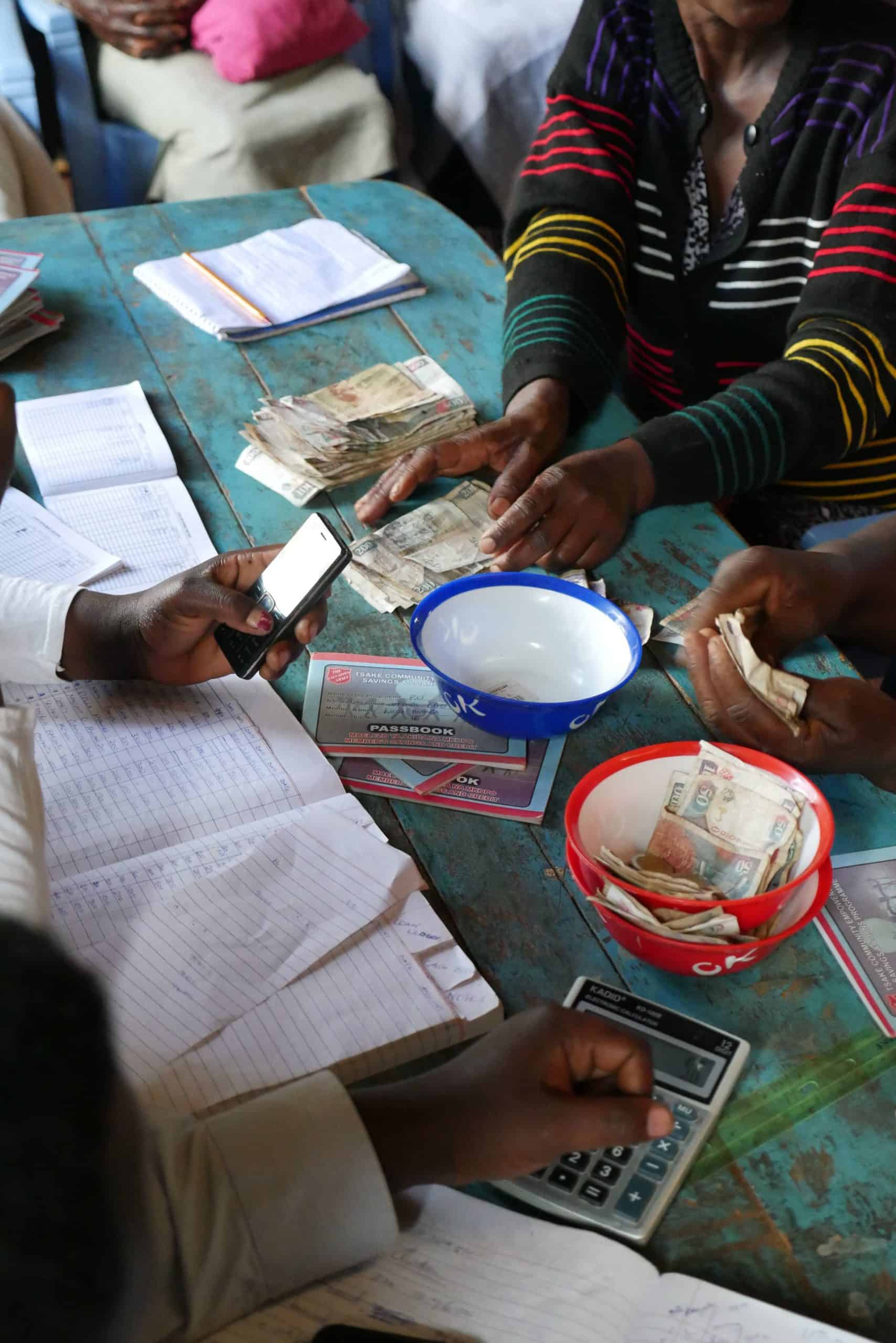
“We were already running the VIP with Cheka Sana in the city but we decided to see if we could run it in the rural areas where children were coming from. By encouraging community members to identify parents and guardians who were in difficult situations and whose children would potentially go to the streets, we set up the VIP in their community in March 2021.”
The pilot has been successful so far – Cheka Sana has formed 12 groups and there is a huge demand for more. All members are already taking loans and running their own businesses, and the 12 groups have started a group enterprise which is making good profit. Members were also reporting that they had already seen an impact on their food security in the short time the VIP groups were running.
A HOLISTIC APPROACH
“The parents and guardians who were part of the VIP said their family income had increased from the businesses they had started, and as a result, they were able to meet some of their basic needs. They now feel there is no reason for their children to run away to the streets because they go to school and have three meals a day – overall poverty has decreased”, explains Oswald.
When families are part of the VIP, children’s rights are better protected. As parents and guardians start to earn a sustainable income, children are able to attend school as fees, books, pens and uniforms can be bought. VIP members can also afford to buy food for their children.
Makene says, “The VIP is a good prevention measure because it provides hope to families and reduces the possibility of children to leave home. This is because the families develop economically and emotionally and this reduces the high number of violence in the families, reduces the high rate of poverty and parents manage to provide basic needs for their children.”
“We’ve helped parents and guardians improve their economic status through the VIP. We now need to sensitize them on the issues of child abuse, early marriage and early pregnancy so they can understand the effect of these on their children”, explains Oswald about our next steps with Cheka Sana.
